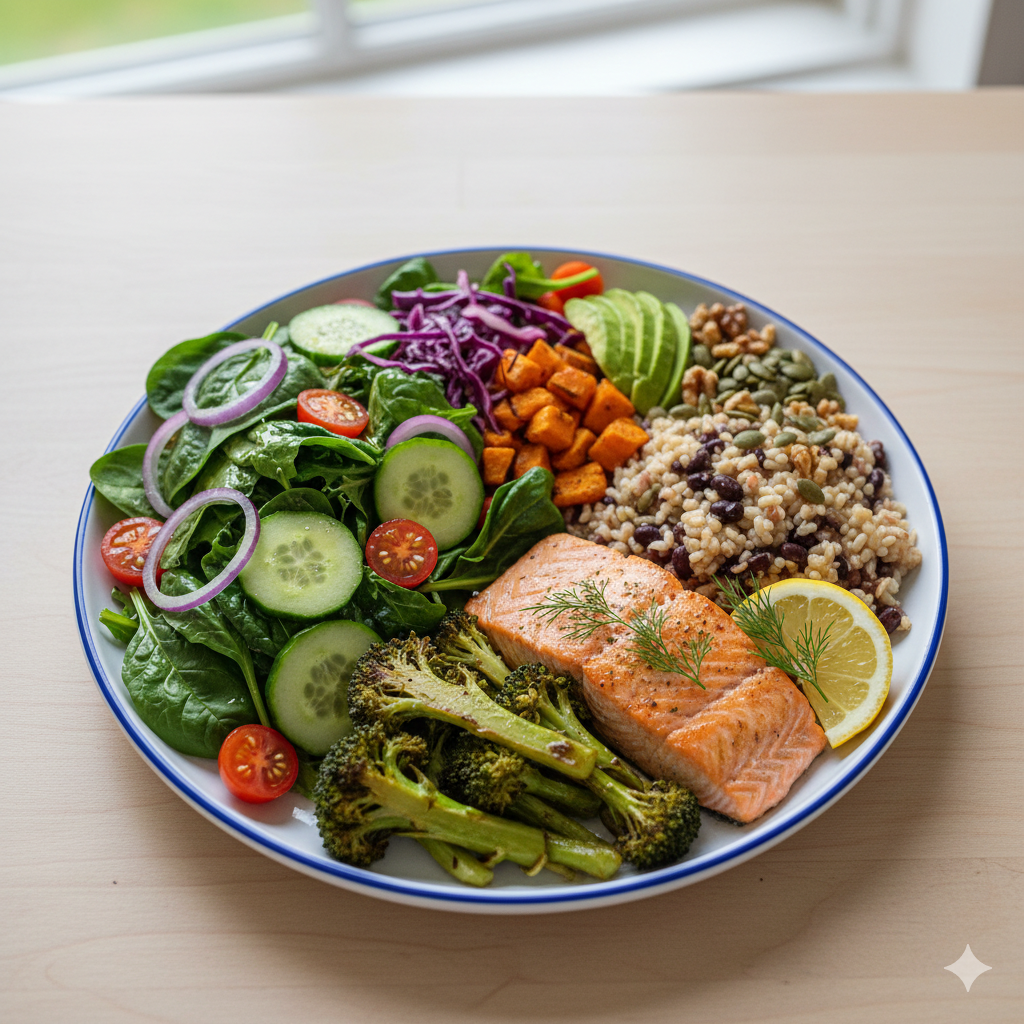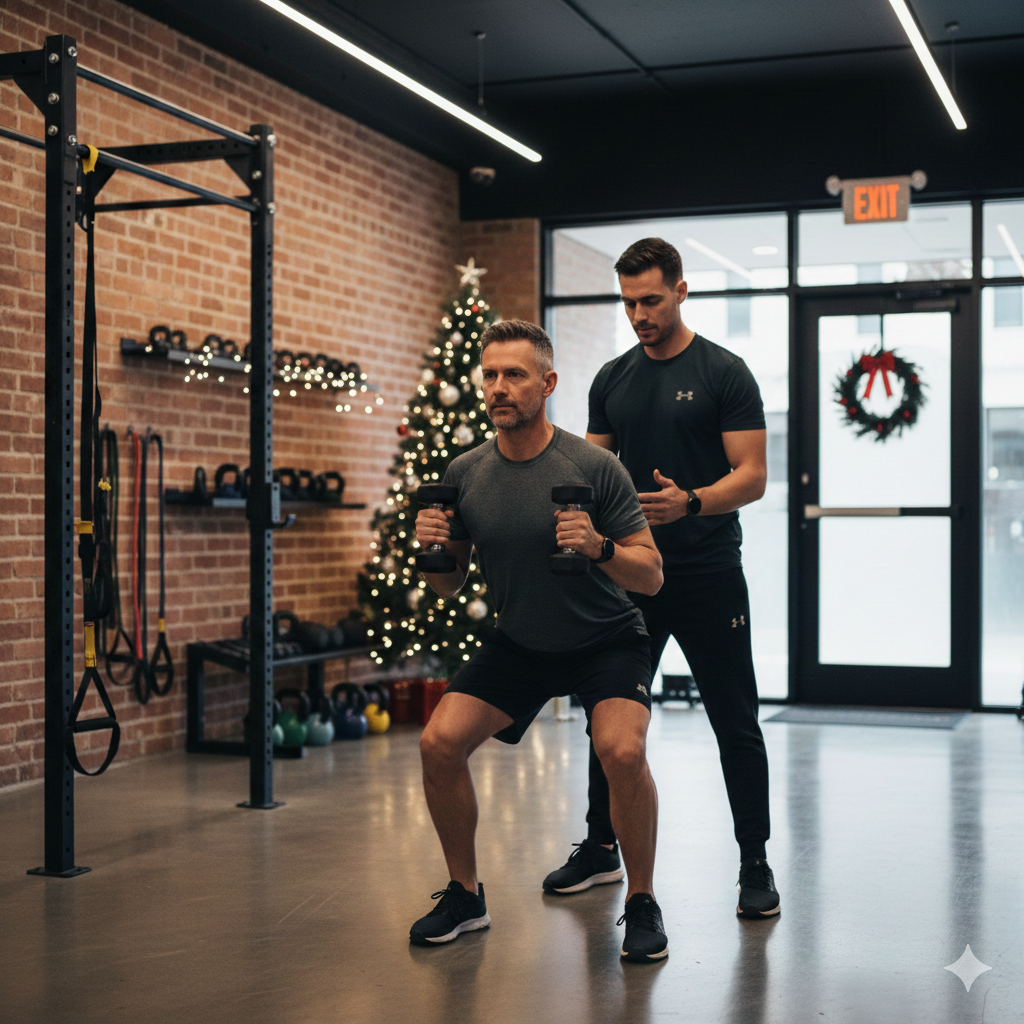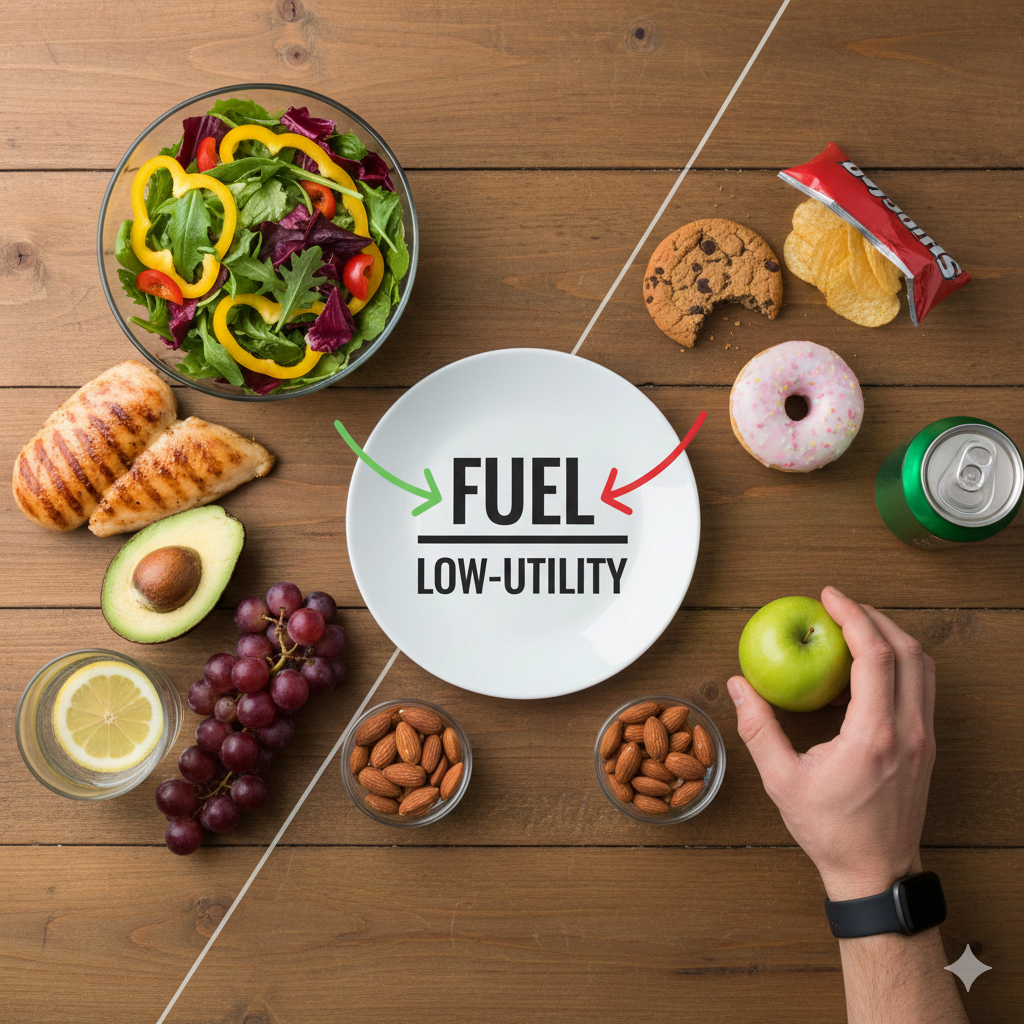Train Larger Muscle Groups First
June 28, 2023

Your Fitness Goal: Independence
When doing a workout, it is always the best practice to start with larger muscle groups
and multi-joint movements. The largest muscles in your body are your legs, glutes,
back and chest. Multi-joint movements are any exercises that involve more than one
joint during the exercise.
For example, a dumbbell press is an exercise that works your chest, which are larger
muscles in your body. And it involves your shoulders and elbows, which means it is a
multi-joint movement.
There are several reasons it is a good idea to work larger muscles before smaller ones.
Multi-joint movements are exercises that mimic real life movements. It is best to
ensure you do them regularly, and you work on getting stronger in those movements.
Often these lifts are more complicated, so it is good to start with them before you get
physically or mentally fatigued.
Working your big muscle groups also requires a lot more energy, which improves your
calorie burn in a workout and your overall fitness and stamina. Compound movements
and exercises that work a lot of muscles at once is a great way to see the best results
during a set time for exercise.
Also, if you work smaller muscles first, you can fatigue those muscles and not get the
best performance when working the larger muscles. However, when you exercise your
larger muscle groups, you always engage the smaller muscles and they do get some
work.
Isolating smaller muscle groups, such as biceps, triceps or calves, aren’t necessary
unless you have specific goals around muscle tone or unless it is helpful for injury
prevention or corrective exercises.
If you need a little guidance on your workouts, Axio Fitness is here to help!

Share Post
Our Recent Blogs



Leave a Reply
Your email address will not be published.
Required fields are marked *


